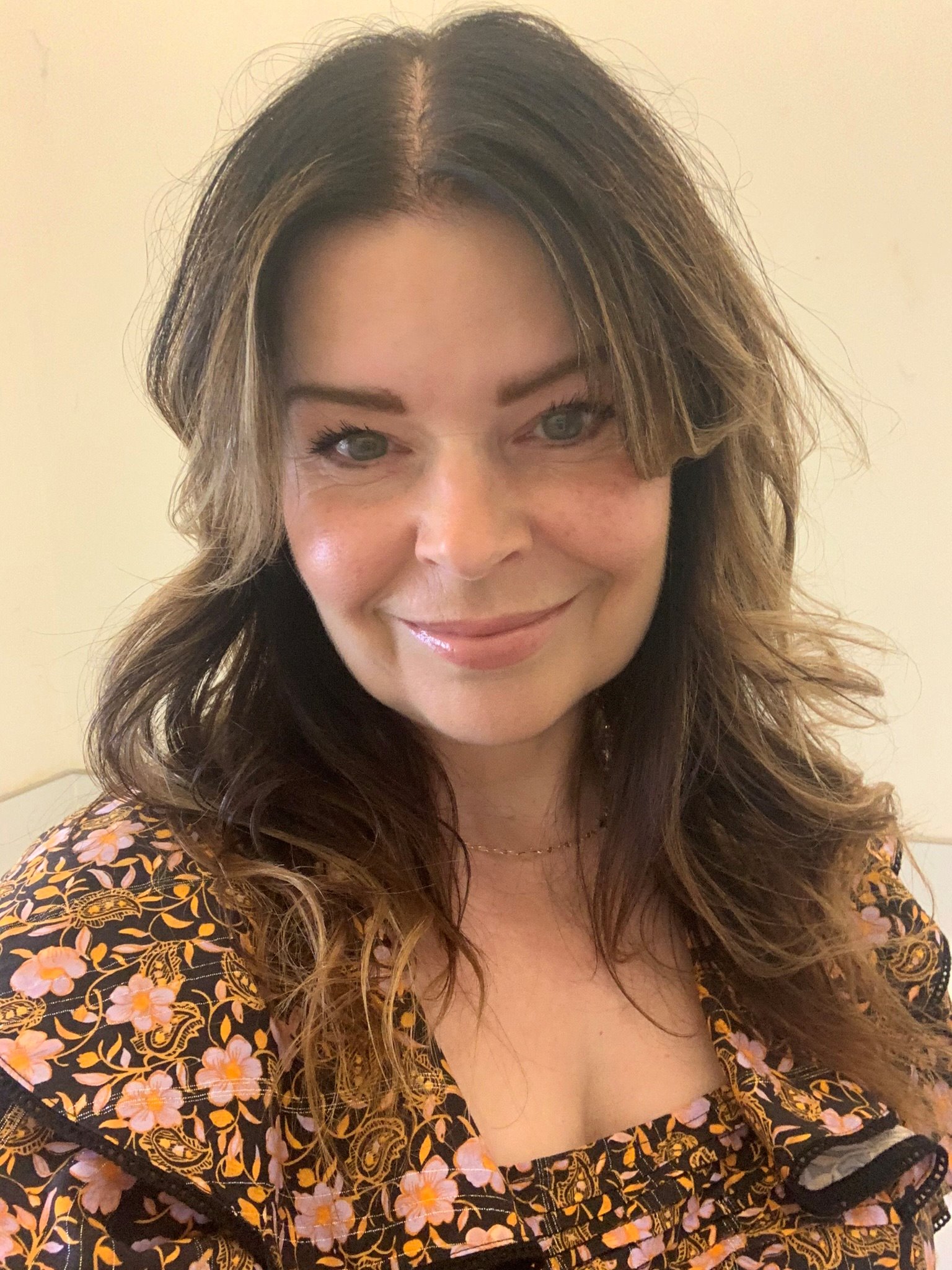New research by Wrexham academic highlights parents' and carers' voice for people living with learning disabilities

Date: Friday, November 1, 2024
The importance of listening to the voice of parents and carers has been highlighted in new research conducted by a Wrexham University academic to understand the experiences of accessing care and support for children living with learning disabilities in North Wales.
Dr Dawn Jones, Senior Lecturer in Social Work at the University, was commissioned by Improvement Cymru’s Learning Disability programme to carry out the research.
The project worked with a range of parents and carers who care for children and young people with a learning disability. They were interviewed by Dr Jones, in a bid to understand their individual experiences.
It follows an earlier literature review and evaluation carried out by Dr Jones of national care models and frameworks, providing care for children and young people with a learning disability in Wales
Dr Jones said: “Both sets of research that I’ve carried out for Improvement Cymru have highlighted that the experiences of children and young people with a learning disability in Wales receiving care and accessing support services are mixed.
“The findings suggested that services across health, social care and education can lack co-ordination, leaving families confused about the range of care and support resources available.
“While there was evidence of inspirational work in each sector, there were also reports that with provision across sectors not always ‘joined up’, families are having to navigate a range of different pathways, in order to receive care for their child that is meaningful and effective.
“From these findings, it is clear that services and professionals across the sectors need to co-ordinate and provide a service that means there is no wrong door – but instead, different corridors, and they are able to navigate services more seamlessly.”
The research findings will be shared with Regional Partnership Boards across Wales, and other multi-disciplinary forums and communities of practice.
The long-term purpose of the project is to promote the findings so there is clearer understanding of what works well and where there might be gaps in services.
Some of the key findings include:
- Delivery of care can be fragmented and there are many accounts of unmet needs.
- Good experiences are overwhelmingly related to cases when professionals get to know a child and family properly and can advocate together for services to meet their needs.
- The rights of children and families must be the starting point of care planning. Feeling safe, valued, and part of the process is invaluable for parents and carers.
- Seeing the child first and the disability second is the foundation of good rights-based care.
- The better the links between health, social care, and education sectors, the more positive the experiences of parents, carers, and children are.
- Having access to ‘drop in’ hubs that provide integrated support may contribute to more positive experiences.
Dr Jones is now getting underway with her latest strand of this research – this time exploring the experiences of service provision from the perspective of professionals themselves, working in health, social care and education.
She added: “This latest research aims to identify what practitioners see to be the main barriers to effective outcomes but also what they feel is working well.
“This research will be conducted through one-to-one online interviews with professionals from across Wales, offering a safe and confidential space in which experiences can be shared, and recommendations for future practice made.”
Findings will be used to help inform the future direction of the Welsh Learning Disability Strategy, alongside feeding back to Regional Partnership Boards and Health Boards across Wales.
- Dr Jones is now encouraging health, social care and education professionals working with children living with learning disabilities in Wales to take part and share their insights, as part of this latest research. Interviews will take place in December – online and expected to last around 40 minutes. If you would like to take part, contact Dr Jones by emailing: dawn.jones@wrexham.ac.uk